Photobiomodulation (PBM) is a non-invasive therapy that uses specific wavelengths of light to stimulate the body’s natural cellular regeneration processes. This technology acts directly on the mitochondria, where light is absorbed by chromophores and converted into biochemical energy, increasing the production of ATP — the cell’s primary energy source.
This stimulation delivers a range of therapeutic benefits, including pain and inflammation reduction, accelerated wound healing, improved blood circulation, tissue regeneration, and enhanced collagen production. With decades of scientific validation, including research by NASA, PBM is widely used in fields such as dermatology, physiotherapy, and oncology, offering a safe, effective, and side-effect-free solution for health and wellness.
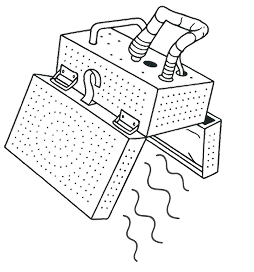
Photobiomodulation (PBM) uses specific wavelengths of light to penetrate tissues and interact with cells.
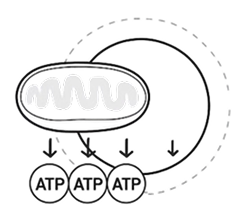
The light is absorbed by chromophores, which are light-sensitive molecules within the cells, particularly with mitochondria.
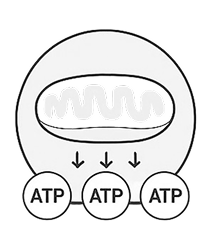
This absorption leads to an increase in the production of adenosine triphosphate (ATP), the cell's energy currency, enhancing cellular energy and function.
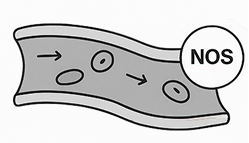
PBM activates NOS enzymes, increasing nitric oxide production. This is particularly beneficial for improving blood flow and reducing inflammation.
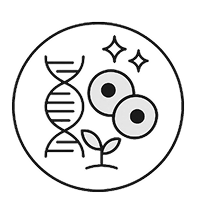
PBM helps regulate reactive oxygen species (ROS), which are involved in cell signaling and homeostasis.

PBM stimulates gene expression and protein production to support healing, reduce inflammation, and enhance tissue regeneration.
PBM is a non-invasive, side-effect-free and pain-free technology that supports:
Pain Relief: it helps reduce pain and inflammation, making it useful for conditions like arthritis and muscle injuries.
Wound Healing: Accelerates the healing of wounds and tissue repair by promoting cellular regeneration.
Anti-Inflammatory: Decreases inflammation, which can help with chronic conditions and acute injuries.
Improved Circulation: Enhances blood flow, aiding faster recovery and overall health improvement.
Enhanced Cellular Function: Boosts cellular energy production, improving cell function and overall vitality.
Building on these discoveries, ATP38 was developed as a cutting-edge photobiomodulation technology — bringing the science of space back to Earth to promote healing, reduce inflammation, and enhance cellular recovery.


The ATP38 device’s LED panels deliver six wavelengths corresponding to the absorption Peak of Cytochrome C Oxidase and Porphyrnir, which plays a crucial role in cellular energy production by enhancing ATP synthesis. Positioned 1.57 inches from the treatment area, the microprocessor controls the optimal wavelength diffusion and dosimetry.
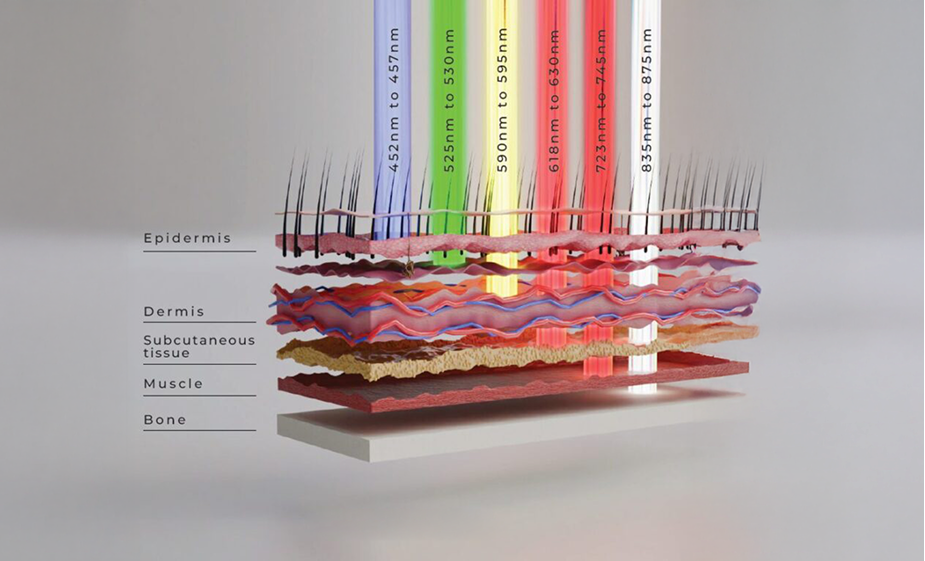

Antibacterial properties: Effective in reducing bacterial load on the skin.
Anti-inflammatory effects: Helps in reducing inflammation and promoting healing.
452 nm to 457 nm
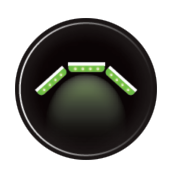
Skin rejuvenation: Promotes overall skin health and rejuvenation.
Calming effects: Helps in reducing redness and irritation.
525 nm to 530 nm
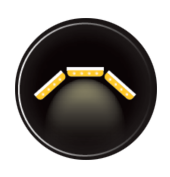
Improved circulation: Enhances blood flow and oxygenation in the skin.
Collagen stimulation: Boosts collagen production for firmer skin.
590 nm to 595 nm

Enhanced collagen production: Stimulates fibroblast activity, leading to increased collagen synthesis.
Improved wound healing: Accelerates the healing process of wounds and injuries.
618 nm to 630 nm
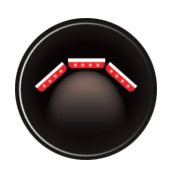
Deep tissue penetration: Effective for muscle and joint pain relief.
Anti-aging effects: Reduces fine lines and wrinkles.
723 nm to 745 nm
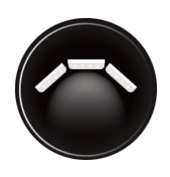
Enhanced blood circulation: Promotes better blood flow and oxygenation in treated areas.
Pain relief: Provides analgesic effects, reducing pain and discomfort.
835 nm to 875 nm
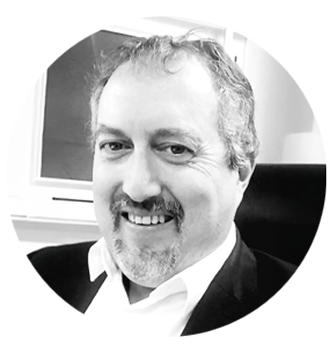

In recent years, Low-Light Level Therapy (LLLT or photobiomodulation) has become one of the fastest growing areas of the medicine. Photobiomodulation has experienced a kind of breakthrough and we have noticed a change in this practice that has long been perceived as an alternative and complementary form of medicine. The change in perception by the medical profession and the public institutions has placed it at the heart of today’s medicine.
Prof. René-Jean Bensadoun

